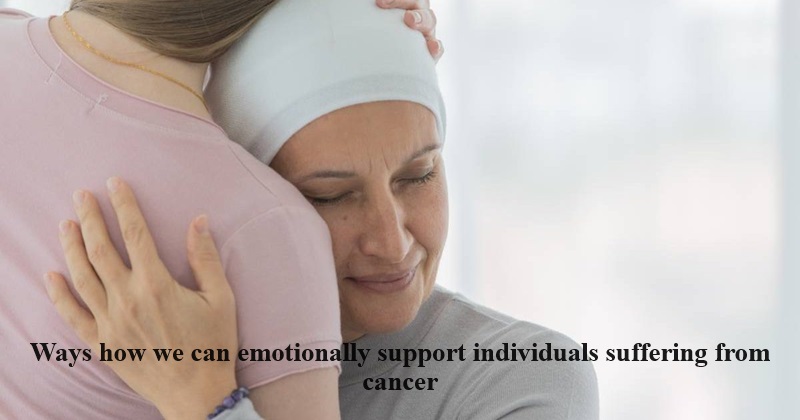
Receiving a cancer diagnosis marks a pivotal moment that profoundly affects not only the patients but also their families. In the holistic landscape of comprehensive care, emotional well-being emerges as a critical and inseparable component. A lingering question echoes in the minds of healthcare providers and family members alike: “How can we provide emotional support to individuals grappling with cancer?”
The key lies not in a singular act but in the amalgamation of numerous meaningful gestures that collectively create transformative ripples. Recognizing the emotional toll exacted on individuals facing cancer lays the groundwork for effective support and a deepened sense of understanding. Fostering open dialogue, free from judgment, creates an avenue for patients to articulate their fears, concerns, and aspirations. Offering a compassionate and empathetic presence during their challenging moments stands as a potent form of support. Through active listening, it becomes imperative to navigate the uncertainties associated with different stages of treatment and recovery, validating the myriad emotions encountered along the journey.
Each person’s odyssey through cancer is inherently unique. Tailoring emotional support to align with individual preferences enhances its efficacy. Some may find solace in silent companionship, while others may seek room for vocal expressions. Sensitivity to these nuanced preferences elevates the impact of the support rendered. Alongside these personalized approaches, a continuous reminder to patients and their loved ones to acknowledge milestones and cultivate a sense of gratitude and self-love becomes paramount in fostering emotional resilience.

Post Your Comments